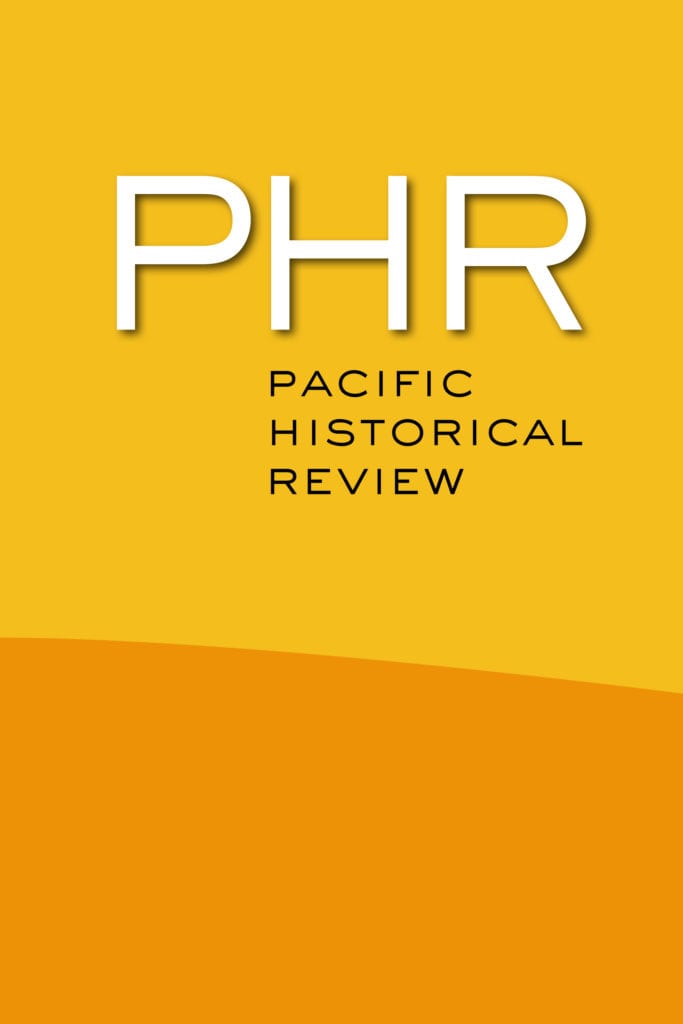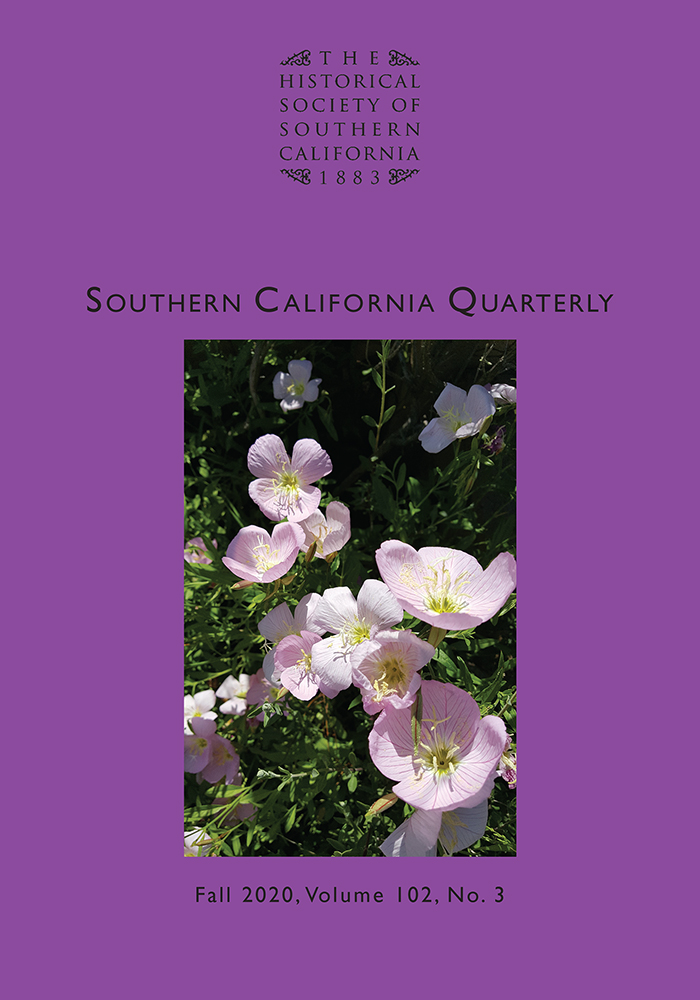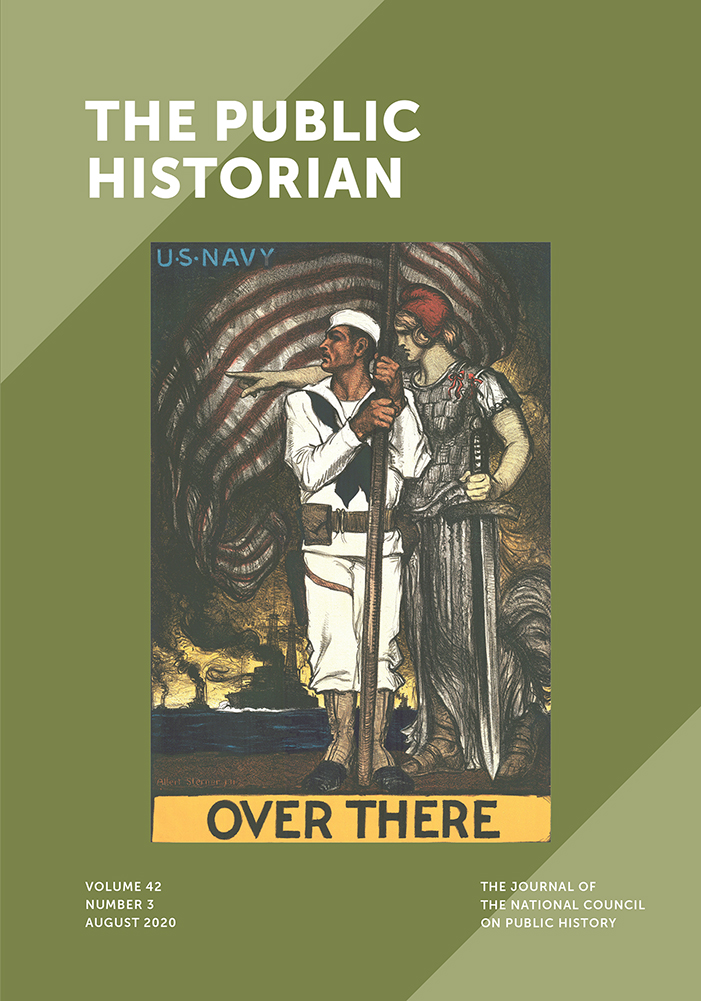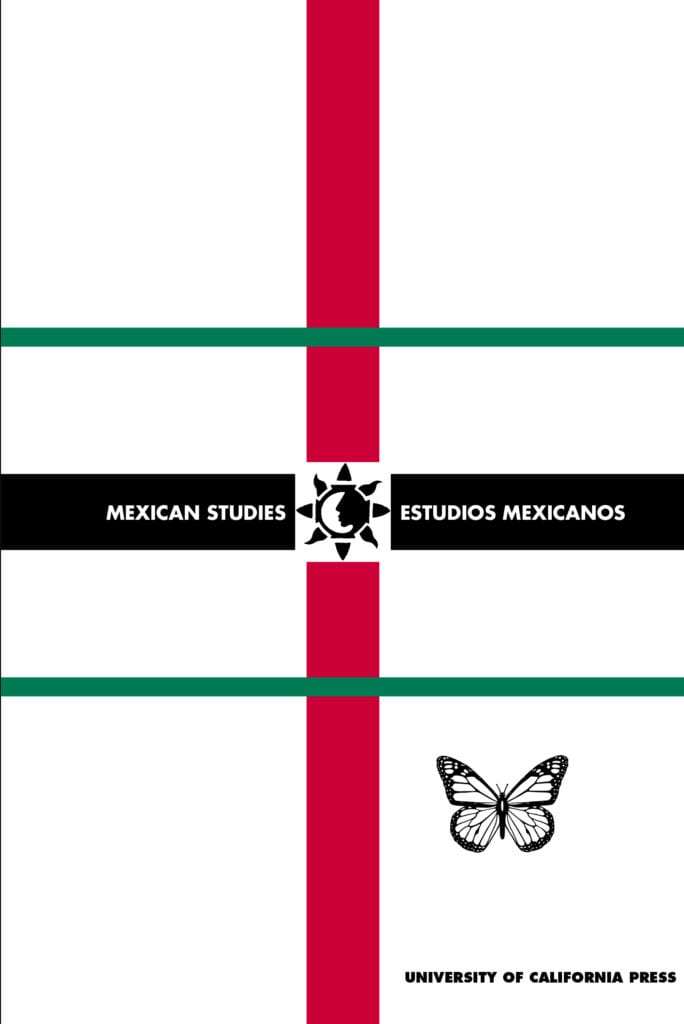While we are not convening in person for this year’s Western History Association conference, UC Press Journals invite you to explore our #WHA2020 Virtual Exhibit and to sample the selection of content below that we are making available for free online for a limited time.

Pacific Historical Review is congratulating two recent contributors. On Friday, the WHA will award Jordan Biro-Walters’s article, “‘So Let Me Paint’ Navajo artist R.C. Gorman and the Artistic, Native, and Queer Subcultures of San Francisco, California” the Jensen Miller Prize for the best article in the field of women and gender in the North American West. PHR is also congratulating Natalia Molina, who was named a 2020 MacArthur Fellow last week. PHR invites you to read two of her articles published in PHR: “Examining Chicana/o History through a Relational Lens” and “‘In a Race All Their Own’: The Quest to Make Mexicans Ineligible for U.S. Citizenship.” You can read about Molina’s other UC Press publications in a previous post, and explore additional PHR content on the journal’s site.

California History asks what we can learn from the 1918 flu pandemic that may help us in the fight against Covid-19. The essay, “California and the 1918–1920 Influenza Pandemic,” which examines the four waves of the pandemic from 1918-1920, leads off a special issue on World War I California. The essays in this issue represent a fraction of what remains to be learned about World War I in California. California History‘s editor, Mary Ann Irwin, hopes that students everywhere will dig into the archives—to learn more, for example, about California Indians, African Americans, and California Japanese and Chinese who served in World War I. Irwin invites scholars interested in contributing to the journal (about these or other topics within the journal’s purview) to contact her if you would like to set up an appointment to discuss your work. You may also reference the submission instructions on the journal’s site.

Southern California Quarterly investigates the sentiments of Latinx women and men who have suffered, documented, investigated, and/or archived labor exploitation, detention, or historical erasure in Southern California in a special issue, “Emotively Daring: Documenting, Investigating, and Archiving Emotional Impact.” This issue is meant to inspire historians to investigate under-examined emotional terrain as a humanely inclusive scholarly practice. Undertaking historical research with the feelings, front and center, of Latinx immigrants, their families, and the scholars who study them is posited as a critical first step towards recognizing the emotional expansiveness and diversity of the immigrant experience in Southern California.

The Public Historian invites you to read a selection of recently published articles that focus on western history. In “Safe for Whom? And Whose Families? Narrative, Urban Neoliberalism, and Queer Oral History on San Francisco’s Polk Street,” Joseph Plaster reflects on his experience as director of Polk Street: Lives in Transition, a project that drew on oral histories to intervene in debates about gentrification, homelessness, sex work, queer politics, and public safety in the highly polarized setting of gentrifying San Francisco. In “The ONWARD Project and Native Voices: Interventions in Biased 1930s Archival Collections,” Allison H. Fischer-Olson and Claire Perrott look at the ONWARD Project—which is dedicated to sharing the stories and materials associated with the Rainbow Bridge-Monument Valley Expedition, a 1930s multidisciplinary expedition through the Southwest—and the way in which the Project has developed and implemented a collaborative methodology meant to work against lasting effects of colonialism found in archives and specifically, how it brings Native voices back to photographic material.

Mexican Studies/Estudios Mexicanos devotes a special section of its most recent issue to “Civil Society in Twentieth-Century Mexico.” The section delves into the history behind current Mexican president Andres Manuel Lopez Obrador’s February 2019 statement that he didn’t know many members of “so-called civil society.” The issue explores how, throughout the twentieth century, “civil society” in Mexico has been linked to conservatism—from the immediate aftermath of the Revolution when left-wing intellectuals dismissed civil society as the preserve of counterrevolutionaries through to heyday of the PRI.
This post is part of our #WHA2020 blog series.